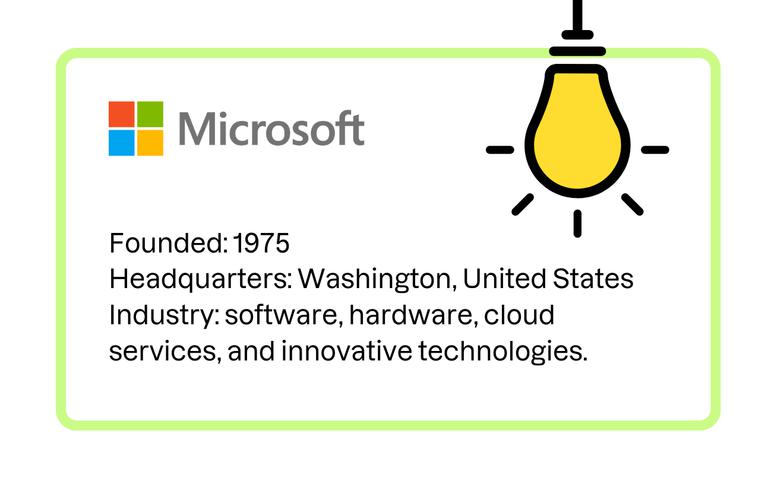This time we focus on the transformative impact of Artificial Intelligence on the Future of Work in three episodes, each one with a different industry expert.
Without further ado, let's begin with our first conversation. In a rapidly evolving technological landscape, adaptability is key. Christopher Frenning, National Technology Officer at Microsoft, has embraced change throughout his career, from startup entrepreneurship to a pivotal role at the tech giant. I recently sat down with him to discuss the impact of AI on his work, how technology is reshaping the business landscape, and what it means to be prepared for the next wave of innovation.

Mari Wachelke: Can we start with a quick description of your role at Microsoft?
Christopher Frenning: Sure! I sit sort of a bit on the side of the commercial entity and the field organization, and we report both to the Chief Legal Officer and the Chief Technology Officer. The role was created in the 90s when Microsoft was accused of monopolistic behavior, to explain how things are actually working from a technical perspective. I work with regulators and politicians, explaining how Microsoft technology delivers what's stated in our marketing and legal documents. I've been at Microsoft for seven years, and before that, I had a startup called FotoWare (acquired by Viking in 2020).
MW: Let’s dive into AI now and the future of work. How has AI directly impacted your work or your team's work?
CF: Oh, cool question. A long time ago, I saw those old Nokia phone and thought, “nobody will ever want to type on that thing.” I was wrong, so I'm now cautious about making predictions. I’ve been using ChatGPT since its launch and forced myself to use it in almost every aspect of my job. Over two years, I've seen the technology mature a lot, with both limitations and new possibilities. It's hard to quantify, but I use these tools at least a dozen times a day for tasks I didn’t initially expect. Sometimes I’m disappointed, but other times I’m really surprised at how well they do. If you try to take them away, I would get really angry. It's become a personal productivity tool, improving my performance slightly across many tasks.
MW: Do you think you will need to reinvent yourself if AI replaces your role?
CF: I have reinvented myself in the past and will do so in the future. If AI replaces me, I'll have three fantastic months where it does all the work, and I can focus on figuring out what's next.
MW: You mentioned how it impacts your workday, but do you work in a team, or is it mainly individual work?
CF: I work across several teams. My role is sort of as an individual contributor, but I interact with dozens, maybe even 100 people a day. AI hasn’t replaced the need for people-to-people communication. I still attend meetings, look people in the eyes, and engage directly. However, AI helps with meeting recaps, letting me catch up on what I missed without watching full recordings. Co-pilot in Teams meetings is a game changer.
MW: Since you mentioned being on top of things, what do you think is the next step to stay ahead of the competition?
CF: When GPT-3.5 hit the market, we were amazed, but it also made many mistakes. People tend to freeze their assumptions at that level, but the technology has progressed. Those using GPT-4 and beyond see its true potential. Companies that build products getting better as AI evolves will thrive.
Using AI is like getting a sharper knife; if you're good at cutting bread, you’ll be better with a sharper knife. It doesn’t replace the process but enhances it. We should expect multiple step changes ahead, as training models of this size is a massive engineering effort. Companies using AI today are laying the foundation to benefit from these changes.
Additionally, managing information now requires rethinking communication. When you're talking to another person through a bot, traditional marketing approaches need to adapt. Your webpage can look entirely different, and the information behind it must be tailored dynamically. It's a shift from asking, "Who's your target audience?" to realizing the audience can be anyone, anywhere in the sales process, with a bot that adapts to that.
“Using AI is like getting a sharper knife; if you're good at cutting bread, you’ll be better with a sharper knife. It doesn’t replace the process but enhances it”
— Christopher Frenning, NTO at Microsoft



